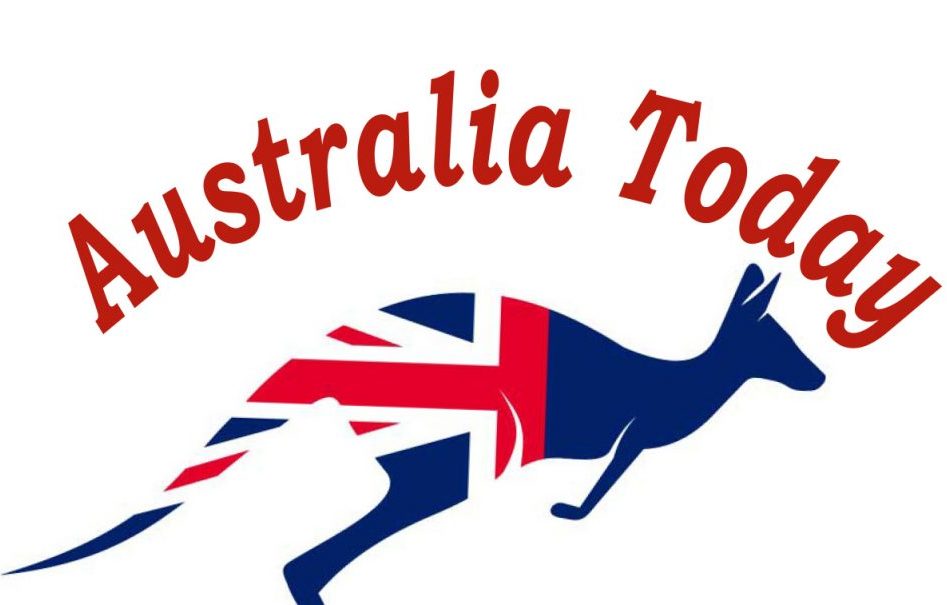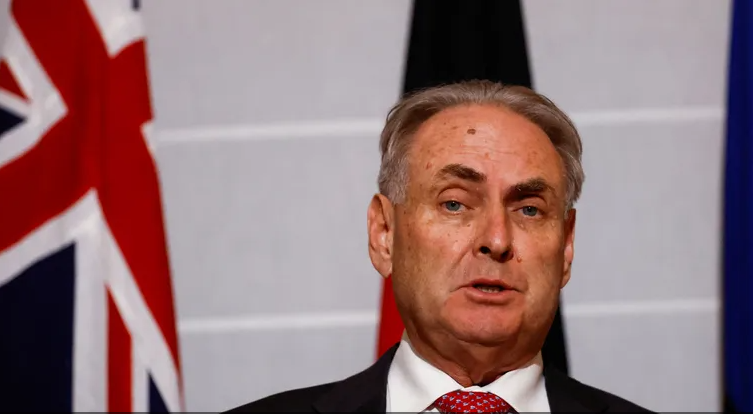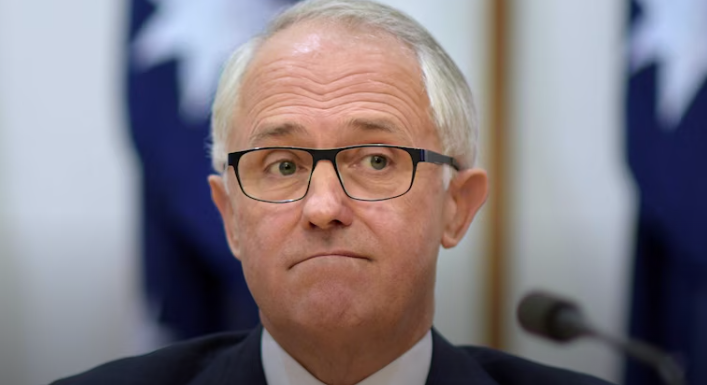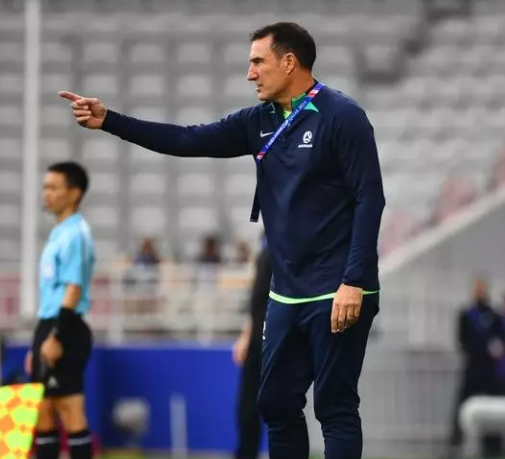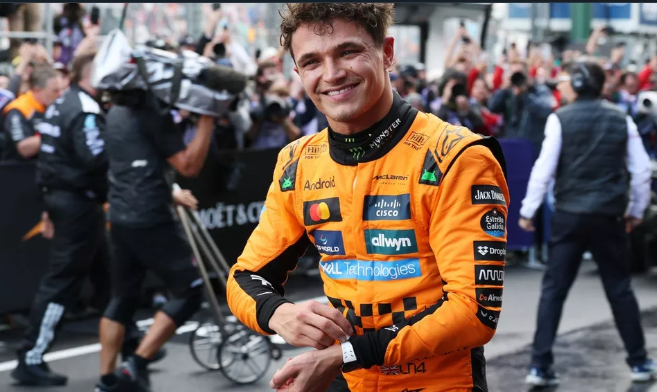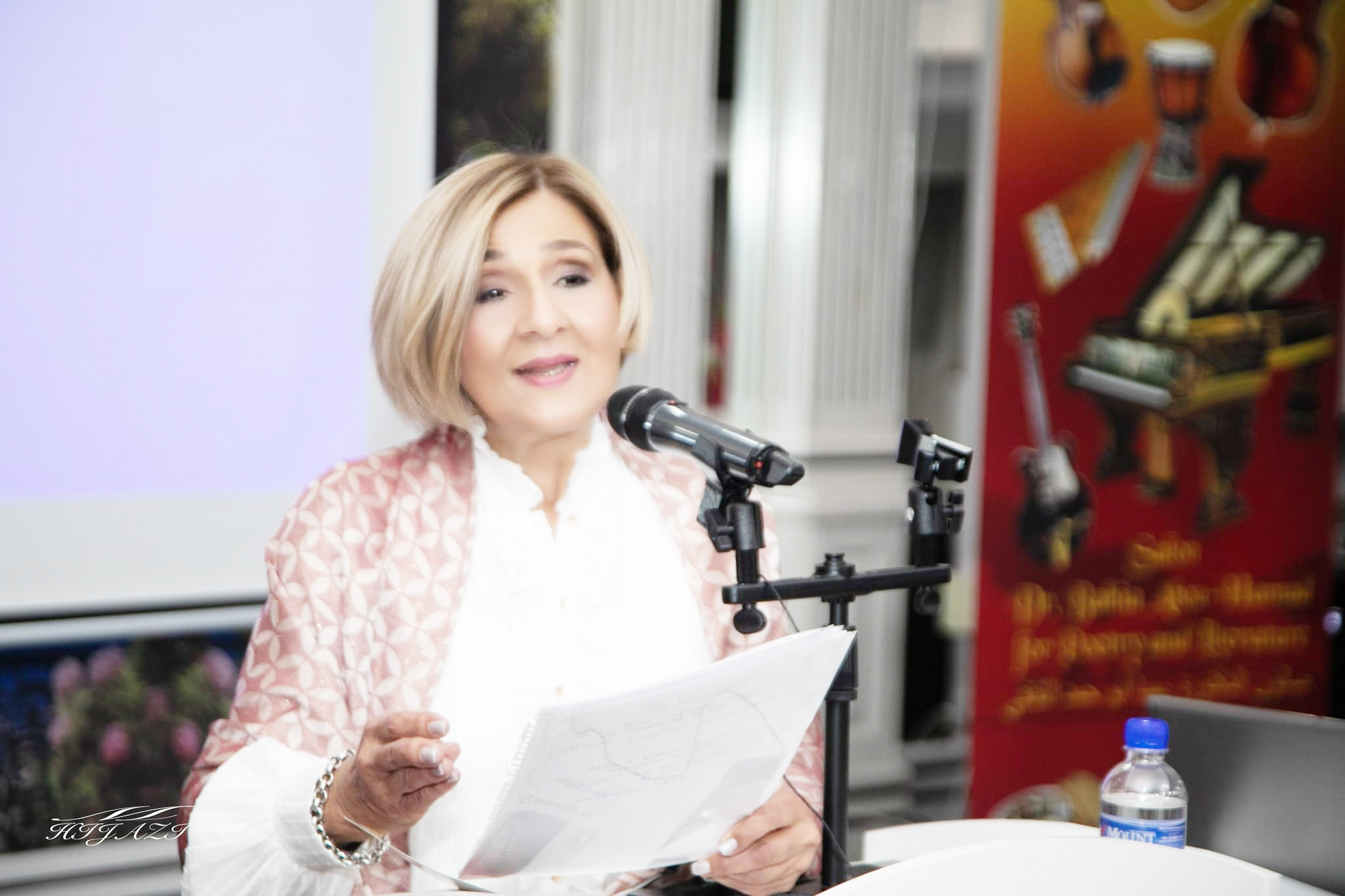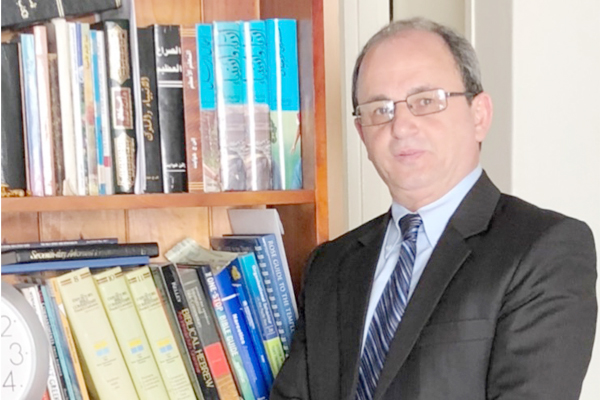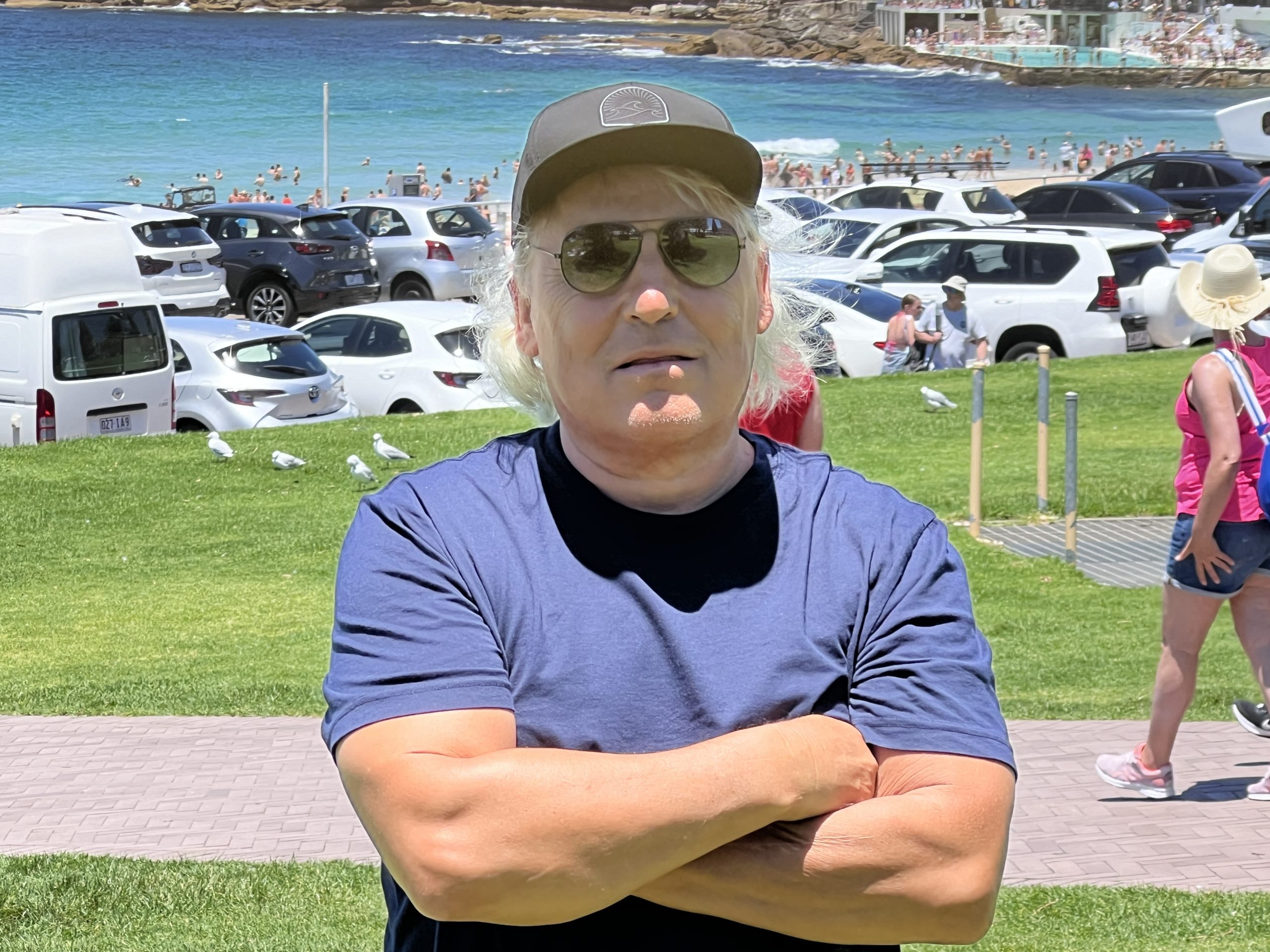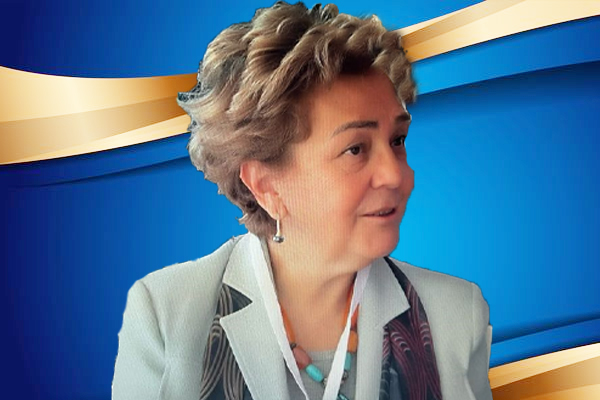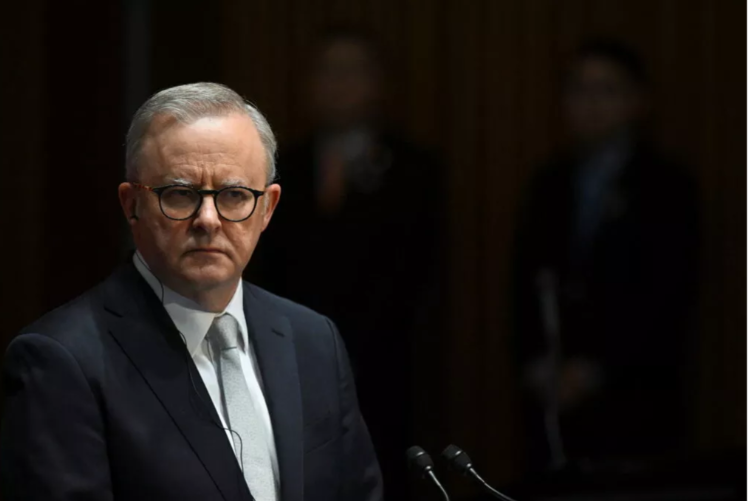
Following his participation in a virtual meeting of the “Coalition of the Willing,” Australian Prime Minister Anthony Albanese confirmed that Australia’s role in any peacekeeping efforts in Ukraine would be “limited.” Meanwhile, the opposition emphasized that the responsibility for such a mission should fall on European nations.
Albanese reiterated that Australia’s involvement in any peacekeeping efforts in Ukraine would be restricted, amid opposition calls to refrain from sending Australian troops.
A New Coalition to Support Ukraine
This comes after UK Prime Minister Keir Starmer announced the formation of the so-called “Coalition of the Willing,” comprising 29 Western nations, including Australia, Canada, New Zealand, and several European countries—but notably excluding the United States. The coalition aims to support Ukraine and increase pressure on Russian President Vladimir Putin.
Starmer stated that planning for a peacekeeping force in Ukraine had entered an “operational phase,” emphasizing the need for concrete commitments to assist Kyiv. He added:
“We will work to strengthen Ukraine’s defenses and be ready to deploy as part of the coalition if a peace agreement is reached, contributing to Ukraine’s security on land, sea, and air.”
Australia’s Stance and Opposition Response
Speaking at a press conference in Melbourne on Sunday, Albanese underscored the need for Russia to cease hostilities as a first step toward peace. He stated:
“We want to see peace so that we can contribute to maintaining it.”
However, he provided no further details on Australia’s potential role, stressing that it would remain limited.
The Australian opposition firmly rejected the idea of sending local troops to Ukraine. Opposition Leader Peter Dutton argued that while Australia should continue supporting Kyiv, deploying ground forces should be a “European responsibility.”
Deputy Opposition Leader Sussan Ley echoed this stance in an interview with Sky News:
“We will always support Ukraine, but when it comes to boots on the ground, that is a matter for European nations.”
Meanwhile, Greens Leader Adam Bandt expressed reservations about sending Australian troops but did not rule out other forms of support. He emphasized the need to await further details before making any commitments.
Albanese: Ongoing Support for Ukraine
Following the “Coalition of the Willing” meeting, Albanese reaffirmed Australia’s solidarity with Ukraine in a statement:
“We will continue supporting Ukraine for as long as necessary.”
This commitment comes amid intensifying diplomatic efforts by Western nations to bolster assistance for Kyiv—particularly after U.S. President Donald Trump scaled back Washington’s previous support and initiated negotiations with Moscow.
Ukrainian President Volodymyr Zelensky also participated in the virtual meeting, where leaders pledged to increase military aid and tighten sanctions on Russia. Starmer accused Russia of stalling a U.S.-proposed ceasefire initiative, highlighting ongoing Russian attacks that contradict Putin’s stated desire for peace.
Albanese emphasized that the conflict in Ukraine has global implications, stating:
“This is a battle for the rule of international law. What happens in Europe has repercussions for our region—the Indo-Pacific—and vice versa.”
He also warned against rewarding Moscow’s “illegal and unethical” actions with any peace agreement.
To date, Australia has allocated $1.5 billion in support for Ukraine, including $1.3 billion in military aid and equipment such as Bushmaster vehicles, as well as training for Ukrainian forces.
